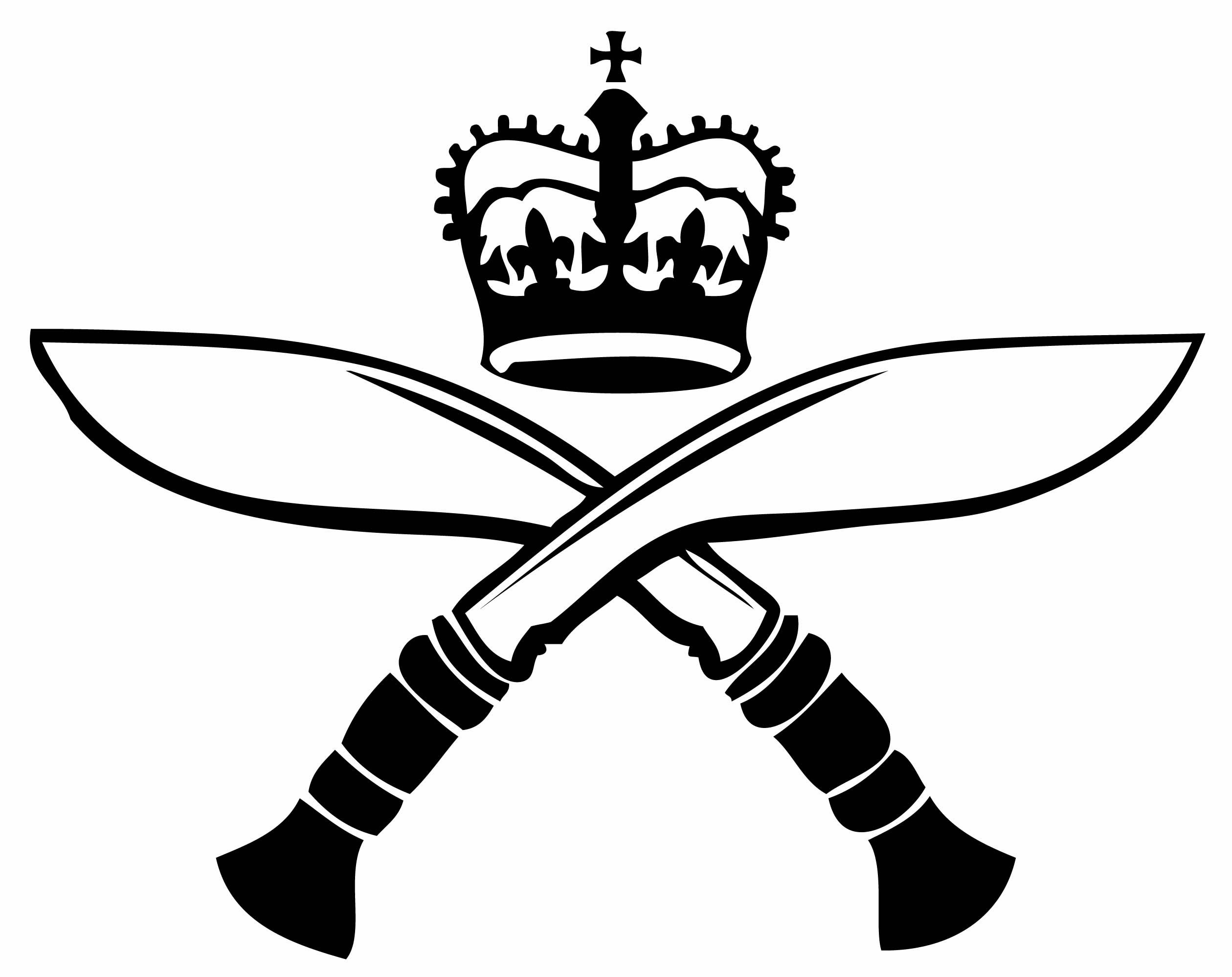The government in Taiwan supported the activities of the KMT in Hong Kong and the Overseas Compatriot Affairs Commission of the R.O.C. in Taiwan offered subsidies to pro-KMT schools in Hong Kong. The colonial government did not recognise the Chu Hai College of Higher Education’s degrees. So the college registered as a private university in Taiwan and its degrees were awarded by Republic of China Ministry of Education.
Many of the KMT activities were social and cultural and tended to centre around celebrations. KMT members and supporters gathered at least four times a year, for the New Year, the anniversary of the Huanghuagang Uprising (March 29), the Double Tenth Festival, and the birthday of Nationalist leader Chiang Kai-shek (October 31).
During these events, the Red House building acted as beacon for KMT supporters. A role it still plays today.
On the centenary Double Tenth day this year, Varsity came across 85-year-old Leung Chi-keung. Wearing a hat bearing the Nationalist party flag and waving a flag in each hand, Leung sang along loudly and with pride when the KMT anthem was played. He had brought cherished old photos along with him, which he happily showed before inviting Varsity to visit his home to look at more of his KMT collection. It had been a long time since he had last shared his story, he said.
Leung shares a small public housing flat in Tai Wo. His tiny room is cramped with KMT memorabilia and the walls are covered in old photos. Although he was born and bred in Hong Kong, Leung was one of the few Hong Kong residents who served as a KMT soldier and fought against the communists.
“I found out about the KMT military recruitment through the Hong Kong newspapers,” he said, adding that he was motivated to join the army because of poverty and his dislike for communism.
He followed the KMT army to Taiwan and fought on the frontline against the communists in Kinmen Island in 1958 before retiring from the army and returning to Hong Kong in 1967. “I may live in Hong Kong, but my heart is forever in the Republic of China,” he proudly proclaimed.
Back in Hong Kong, Leung became a member of the Republic of China Veterans’ Association for retired soldiers. “We used to have gatherings in Red House every Double Tenth Festival. We went for dinner in Nathan Road afterwards,” he recalled.
However, since the handover, the association has kept a low profile and holds fewer activities. The KMT was more active during Hong Kong’s colonial days, but even then it was never recognized as an official organization.
“Kuomintang is a mystery in Hong Kong,” says Mak Ip Sing, a Yuen Long district councillor. Mak was formerly a member of a pro-Kuomintang political party, the 1-2-3 Democratic Alliance. Mak says Hong Kongers will not openly admit their identities as KMT members due to concerns about their family’s safety and political pressure.









































